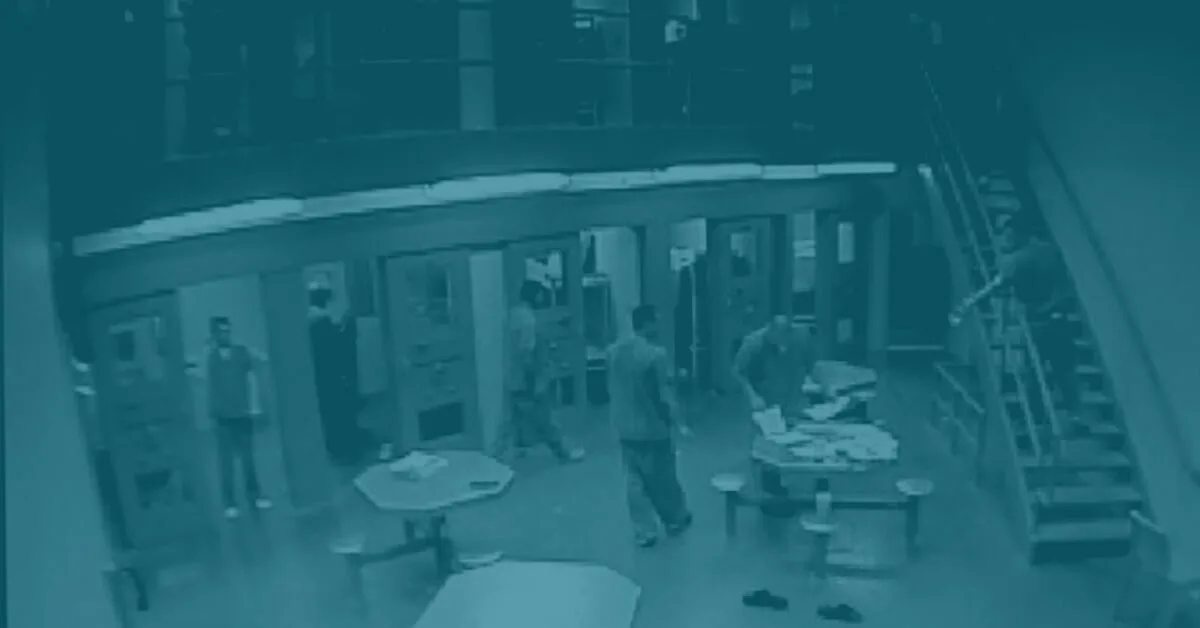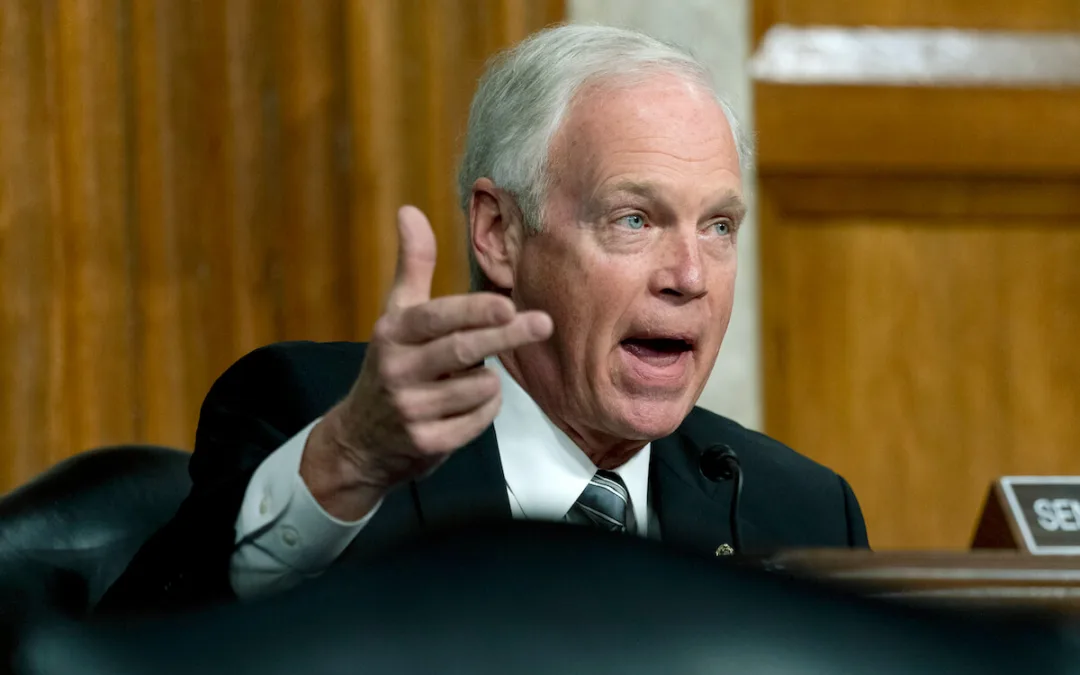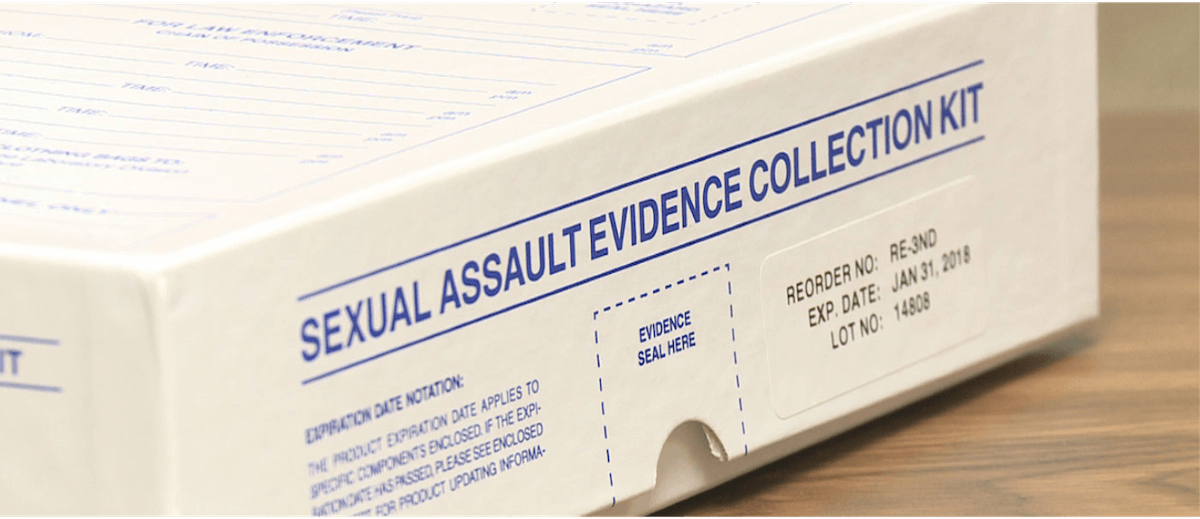
#image_title
#image_title
American Civil Liberties Union cites COVID-19 racing through prisons. Commentary from Research Fellow Wil Steebs.
While Wisconsinites watch as our home state becomes one of the epicenters of the COVID-19 pandemic, a group of people most vulnerable to the deadly disease is being largely ignored: those housed in our county jails and prisons. Incarcerated peoples’ lives are at significant risk as the COVID-19 pandemic spreads—and more must be done in Wisconsin to ensure their safety.
The infection rate for incarcerated people is more than five times higher than that of the general US population, and the five largest COVID-19 outbreaks in the country have been connected to correctional facilities. If Wisconsin leaders don’t take counteractive measures soon, we run the risk of a similarly catastrophic outbreak in Wisconsin.
Incarcerated people tend to be in worse health than the wider population due to a sedentary lifestyle, little to no physical activity, and poor food quality. Older adults make up one out of five people incarcerated and are more likely than the general public to suffer from chronic health conditions like hypertension, asthma, and diabetes—all of which increases their risk of coronavirus complications. Many incarcerated people are locked in rooms with another person and unable to use any recreational time for physical activity, as the gyms and similar spaces are closed.
Over the course of the pandemic, the ACLU of Wisconsin has issued many statements calling on Governor Evers and Secretary Kevin Carr to decrease the prison population to avoid a public health catastrophe. In light of the recent coronavirus outbreak at Kettle Moraine Correctional Institution, it is more imperative than ever that the Governor take much stronger measures than he has thus far to protect incarcerated people.
The recent surge in cases was predictable, due to poor facility conditions and the inability for incarcerated people to socially distance from one another. If we continue on our current trajectory, Wisconsin hospitals that are already overwhelmed by the outbreak will face additional strain, as a growing number of incarcerated people and correctional staff will require medical care.
Governor Evers, who pledged during his campaign to reduce the prison population by half, must fulfill his promise and reduce the number of incarcerated people so that social distancing is possible. In Colorado, Pennsylvania, Virginia, and Washington, governors or the Departments of Correction authorized the release of both medically vulnerable people and those nearing the end of their sentences. Evers should follow their lead by using his clemency powers to release these populations, concentrating on those who are likely to suffer most severely from COVID-19.
For months, the ACLU has warned leaders across the state that Wisconsin’s overcrowded prisons are a ticking time bomb, poised for a massive outbreak if no action was taken. If that wasn’t clear before, it is undeniable now. Although we failed to get in front of the virus, there is still time to reverse its course and save lives. But doing so will require swift and decisive action on the part of our public officials.
People who are incarcerated deserve to feel safe and healthy during this pandemic, just as we all do. This country has far too often turned its back on people in jails and prisons. This cannot be one of those moments. There are too many lives at stake.
Politics

It’s official: Your boss has to give you time off to recover from childbirth or get an abortion
Originally published by The 19th In what could be a groundbreaking shift in American workplaces, most employees across the country will now have...

Trump says he’s pro-worker. His record says otherwise.
During his time on the campaign trail, Donald Trump has sought to refashion his record and image as being a pro-worker candidate—one that wants to...
Local News

Stop and smell these native Wisconsin flowers this Earth Day
Spring has sprung — and here in Wisconsin, the signs are everywhere! From warmer weather and longer days to birds returning to your backyard trees....

Your guide to the 2024 Blue Ox Music Festival in Eau Claire
Eau Claire and art go hand in hand. The city is home to a multitude of sculptures, murals, and music events — including several annual showcases,...



